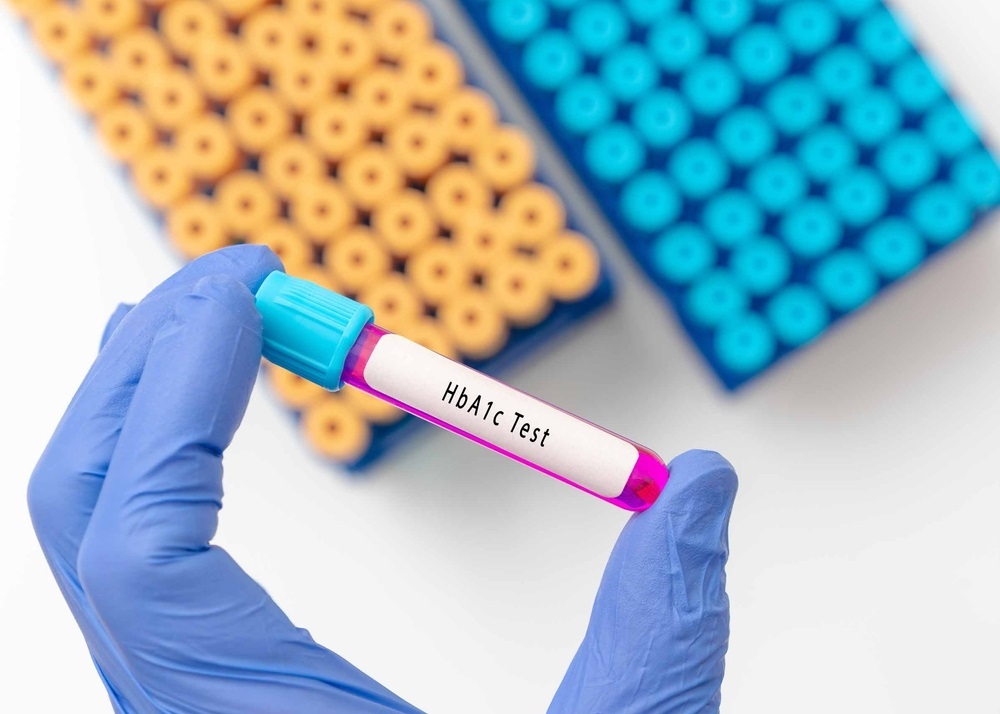Search for tests or checkups
SupportDecoding ESR Levels in Cancer Patients: What You Should Know
Table of Contents
- Importance of ESR Test for Cancer
- ESR Normal Range
- Does High ESR Means Cancer?
- What is the ESR Level in Cancer Patients?
- Factors Influencing ESR Levels
- The Importance of Frequent Testing
- Book an ESR Test in your city
ESR or erythrocyte sedimentation rate is a blood test in which the time taken for the red blood cells to settle at the bottom of a tube is measured. Normally, the red blood cells settle to the bottom of the tube slowly. But if there is inflammation somewhere in the body, this time increases. Inflammation is the body’s way of fighting infections or healing injuries. When there’s a problem like an immune system disease, blood disorder, or specific cancer, the cancer patient’s ESR levels go up, showing that something might be wrong.
In cancer, our immune system works hard to defend against cancer cells. This effort leads to the release of cells that cause inflammation, which has been linked to different stages of cancer development. ESR levels act as a marker of inflammation as high levels of ESR are observed in patients with cancer who have inflammation in their body. Now, let’s dive deeper into the importance of ESR testing for cancer patients and why regular testing is necessary.
ESR Test for Cancer: Basics and Significance
Inflammation plays a part in the growth of cancer. There is a series of occurrences in the body where inflammation is present as the cancer takes root in the body, grows, spreads, and even resists treatment. Inflammation also messes with the body’s defense system and the way it reacts to treatment. Therefore, ESR test can help detect and monitor any kind of inflammation in the body.
Does High ESR Mean Cancer?
Elevated ESR is frequently seen in patients with cancer. The level of ESR gives an insight into the amount of inflammation in the body of a cancer patient, which may help the healthcare provider adjust the treatment accordingly. In addition, it is found that a high ESR level is an indicator of cancer progression and negatively impacts the cancer patient’s chances of survival.
Cancer ESR level
Normally, ESR levels are below 20 mm/hr in females and 15 mm/hr in males. But in cancer patients, ESR levels rise above this normal level, indicating a problem in the body. The levels of ESR depend on the stage and type of cancer, and are different for different stages and types of cancer.
ESR levels in cancer give an estimate of the level of inflammation in the body, the stage of cancer, and the effectiveness of the therapy that is being given to the person. For people with cancer, high ESR levels are common. High ESR level in cancer patients seems to lead to poor outcomes. Research has shown that people with higher ESR levels with certain types of cancers, including colorectal, kidney, prostrate, breast, head and neck cancers, Hodgkin’s disease, chronic lymphoid leukaemia and malignant melanoma amongst others, might not live as long as those with normal ESR levels. It’s an indication that things might be tougher for them.
Interpreting ESR Levels in Cancer Patients
What are normal ESR values?
ESR test normal range is based on age and gender:
- Men above 50 years: Below 20 mm/hr
- Men under 50 years: Below 15 mm/hr
- Women above 50 years: Below 30 mm/hr
- Women below 50 years: Below 20 mm/hr
- Newborns: 0 to 2 mm/hr
- Neonatal period till puberty: 3 to 13 mm/hr
It’s important to note that various factors can lead to ESR values outside this range. An increase in ESR suggests inflammation in the body and conditions like ageing, pregnancy, diabetes, cardiac issues, infections and the presence of cancers, whereas low ESR can be evident in anaemia, protein irregularities, and an increased number of WBCs.
A very high ESR is usually seen in cancers affecting immune system cells such as Hodgkin’s lymphoma, multiple myeloma and bone marrow tumours.
What is the ESR Level in Cancer Patients?
When ESR of a person with solid tumours is more than 100 mm/hr, it suggests cancer metastases (spreading of the cancer from its original location). ESR level in cancer patients may vary depending on factors like stage and type of cancer. In some cancer cases, the ESR may be within the normal range of 20 mm/hr in women and 15 mm/hr in men, while in others, it may rise above this normal level, indicating a problem in the body. As mentioned earlier, an extremely high ESR is associated with poorer outcomes in certain types of cancer. Studies on Hodgkin’s disease patients have indicated that an increased ESR may be a very accurate indicator of early relapse after treatment.
Factors Influencing ESR Levels
ESR levels in cancer can be influenced by a variety of factors. Here are some factors that might impact ESR levels in cancer patients:
- Inflammation: Inflammatory factors released by cancer cells or the immune system’s response to cancer can lead to elevated ESR levels.
- Metastatic malignant tumours: Larger tumours or tumours that have spread to multiple locations may cause more inflammation, resulting in higher ESR readings.
- Infection: Cancer patients are often more susceptible to infections due to their weakened immune system. ESR levels increase due to infections.
- Other Medical Conditions: Other medical conditions, such as autoimmune diseases, can also affect ESR levels in cancer patients.
Read More: High Erythrocyte Sedimentation Rate Causes & Symptoms
The Importance of Frequent Testing
Besides the advantage of ESR test for cancer screening, it also helps a lot in cancer care. ESR tests help doctors evaluate for changes in inflammation patterns, the prognosis of the disease, and how the treatment is working in cancer patients. If ESR suddenly goes up, doctors investigate more to check if the cancer is getting worse or if the current treatment needs a change. If ESR drops slowly, it means that the treatment is likely helping to calm cancer-related inflammation.
ESR also helps find problems early, like infections from cancer or its treatments. Plus, ESR, along with other blood tests such as complete haemogram (CHG test) and CRP test, gives a general view of how a person is feeling and if there are other issues arising from the cancer or its treatment. Thus, these tests are important in monitoring people with cancer.
Book an ESR Test in your city: ESR Test in Bangalore | ESR Test in Mumbai | ESR Test in Hyderabad | ESR Test in Noida | ESR Test in Gurgaon | ESR Test in Faridabad | ESR Test in Delhi
As we read, ESR is an important marker of good health. As elevated ESR levels are common in cancer patients, results from ESR testing along with other tests, when combined with factors like age, gender, and specific cancer characteristics, can help the doctor reach a definitive cancer diagnosis. Also, regular ESR testing aids in cancer patient care. Orange Health Labs brings the best cancer screening and evaluation packages with the quickest and safest help to your doorstep.
Understanding ESR changes can aid in making informed treatment decisions. A holistic approach ensures comprehensive care for cancer patients, considering both clinical and ESR data.

Why Hba1c Is The Best Test For Blood Sugar?

All About Respiratory Allergy
